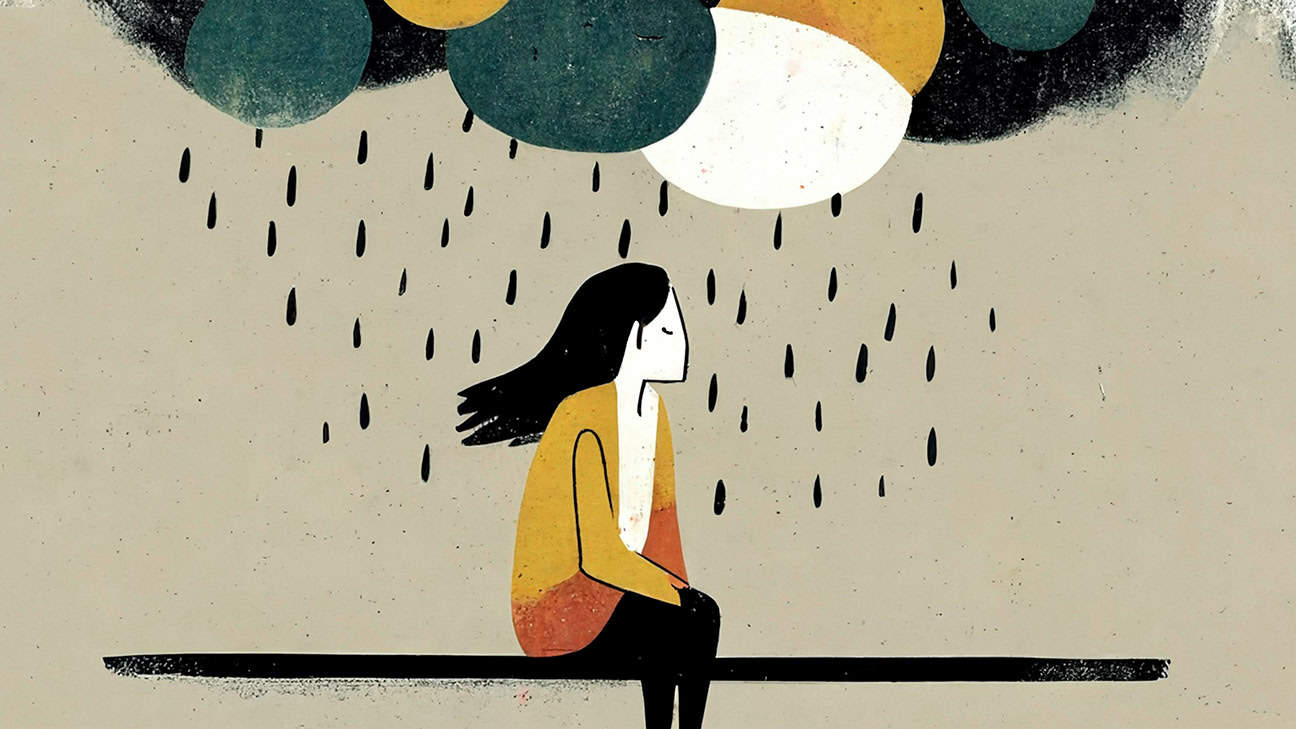
Do not be afraid to ask for help
Published May 3, 2024By Shelia Kirven
Life can sometimes become too much, resulting in struggles and anxiety. Talking to someone can usually help, but other times, more support is needed. Recognizing signs and symptoms that may not go away quickly or make daily life possible is important.
Signs that someone may need to reach out for professional help include, but are not limited to:
- Feeling excessively sad or hopeless
- Excessive worrying, fear, or irritability
- Concentration problems
- Extreme changes in mood
- Avoiding friends and social activities
- Sleeping too much or not enough
- Eating too much or not enough
- Abuse of substances like alcohol or drugs
- Inability to manage stress
- Headaches or stomach pain without cause
- Sudden changes in appearance
- Suicidal thoughts or self-harm
Proper diagnosis and treatment can make all the difference. We don’t have to feel alone or isolated. There is hope, and one call can change everything. According to Jessie Roberts, LPC and Senior Behavioral Health Manager for Choctaw Nation Behavioral Health Wind Horse in Durant, for someone who thinks they are just not being therapy may be the answer.
“It’s totally non-judgmental. It’s to help the individual work through things.” She stressed that if someone has suicidal thoughts, homicidal thoughts, or thoughts of harming others, that is a serious indicator. “Reach out. Call 988. Call one of our offices. You’re not a burden. There is help, and there are answers.”
Choctaw Nation Behavioral Health Outpatient Clinics are staffed by professionals who assess each client’s needs and develop a comprehensive treatment plan. Clinics are located throughout the Choctaw Nation reservation at Talihina, McAlester, Stigler, Poteau, Atoka, Hugo, Idabel, and Durant.
“As therapists and as health [professionals], we can’t force someone to come in, but if they are vocalizing that they want to hurt themselves or hurt others, or that they just notice something about their family member that it detrimental, life or death,” said Roberts. “They can do that, and they can always call for a welfare check from our Lighthorse Police.”
The Choctaw Lighthorse Police’s 24-hour dispatch center can be reached by calling 580-920-7000.
“Our officers are absolutely service oriented and want to help the public we serve,” said Jesse Petty, Chief of Police.
For emergency and crisis assistance, the emergency room at the Choctaw Nation Hospital in Talihina is available 24 hours a day, seven days a week. Urgent Recovery Centers (URC), mental health 24/7 emergency rooms, and available nationwide Home – FindTreatment.gov are also available.
URC locations are available within the reservation boundaries.
Individuals can also call or text 988, a direct, three-digit lifeline that connects the caller with a trained behavioral health professional who can assess the situation and arrange for needed resources.
Whether you just need to talk to someone or need immediate crisis assistance, 988 can help and even send a mobile crisis team to assess and intervene.
Be sure to let the call center know you are a tribal member so that your tribe can follow up with you. Tribal members will then have the choice to be connected to Choctaw Nation mental health professionals who will assist them in meeting their mental health needs, including case management, counseling, and connections to other resources.
According to Roberts, Native men are at the highest risk of dying by suicide. “Our men and our boys are not coming in for that help. We need them. We have men that can speak with them,” said Roberts. “We have women who can speak with them. With our youth, we want to turn that around, and we’re building and designing our programs and our services to meet their needs.”
There are also special services through the Veterans’ Suicide Prevention grant, Warrior Wellness and services available at Jones Academy.
“We need you. We need you alive,” Robert said. “We know that they are resilient. We know that they serve a purpose in this world and for our tribe.”
“What we’re often taught in the native communities is word of mouth, so when we develop that trust with someone, they’re more likely to tell someone else and they’re going to reach out for that help,” she said. “It’s the way we operate. So, we want people to reach out for help and ask those things.”
Our culture stays alive when you do! Choctaw Nation’s Behavioral Health services offer resources and a listening ear. Always get help immediately if there is a threat to you or a loved one.
Choctaw Nation Behavioral and Health Clinics, along with two substance abuse programs, are located throughout the Choctaw Nation Reservation. All are included in the continuum of care, serving Choctaw Nation-eligible patients. See a full listing of the Choctaw Nation health clinics.
For more information, visit Let’s Talk About Mental Health: Resources for Everyday.